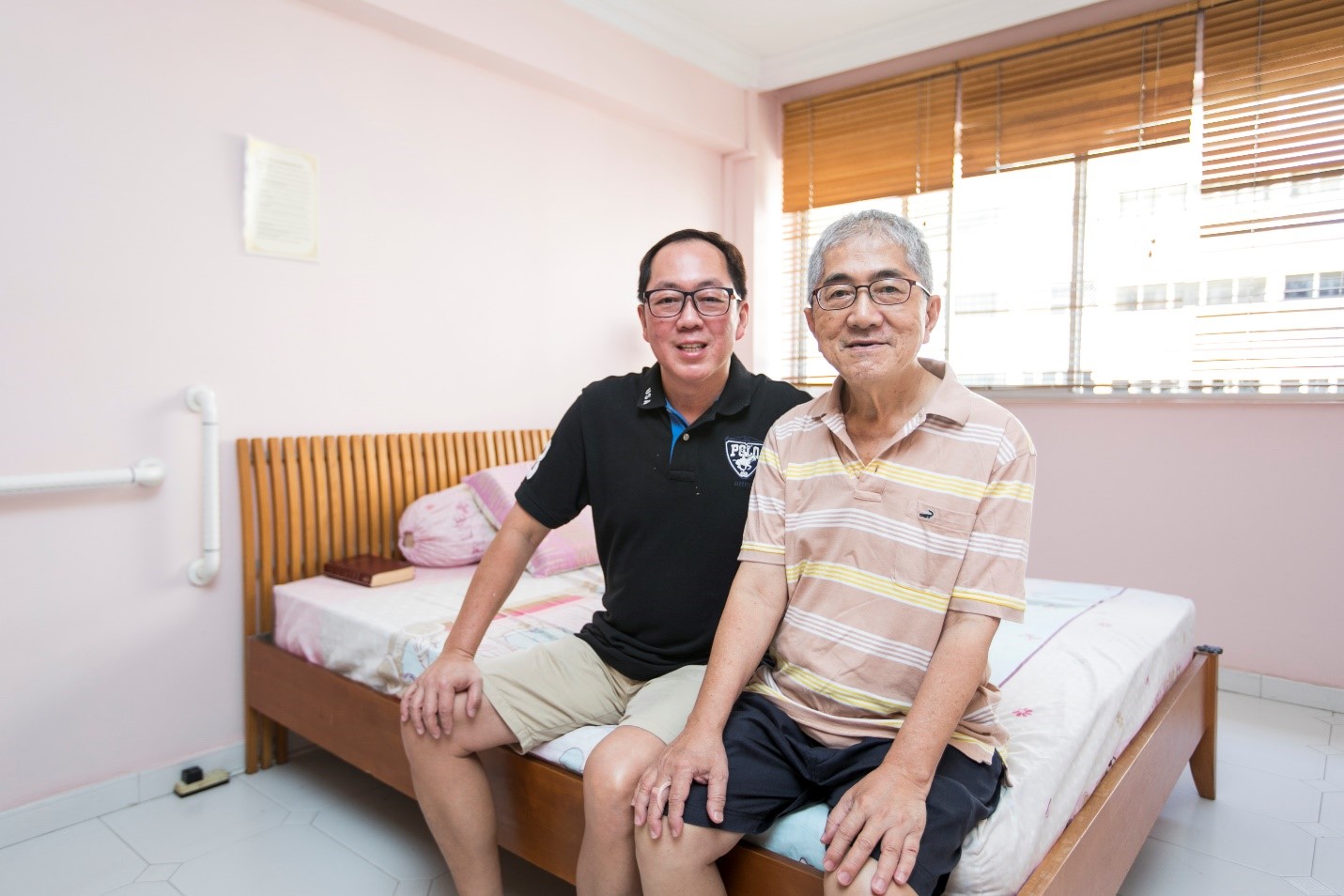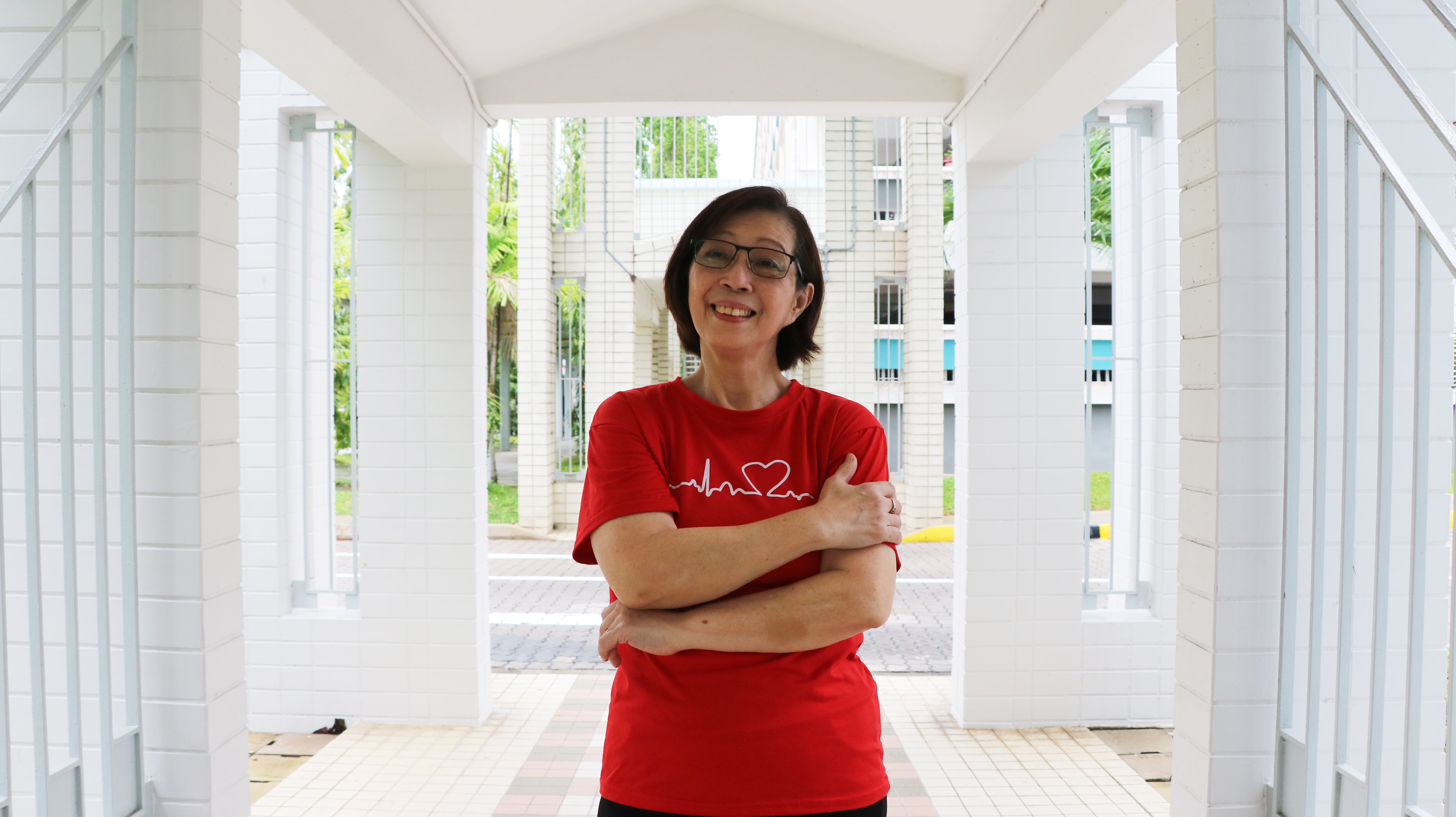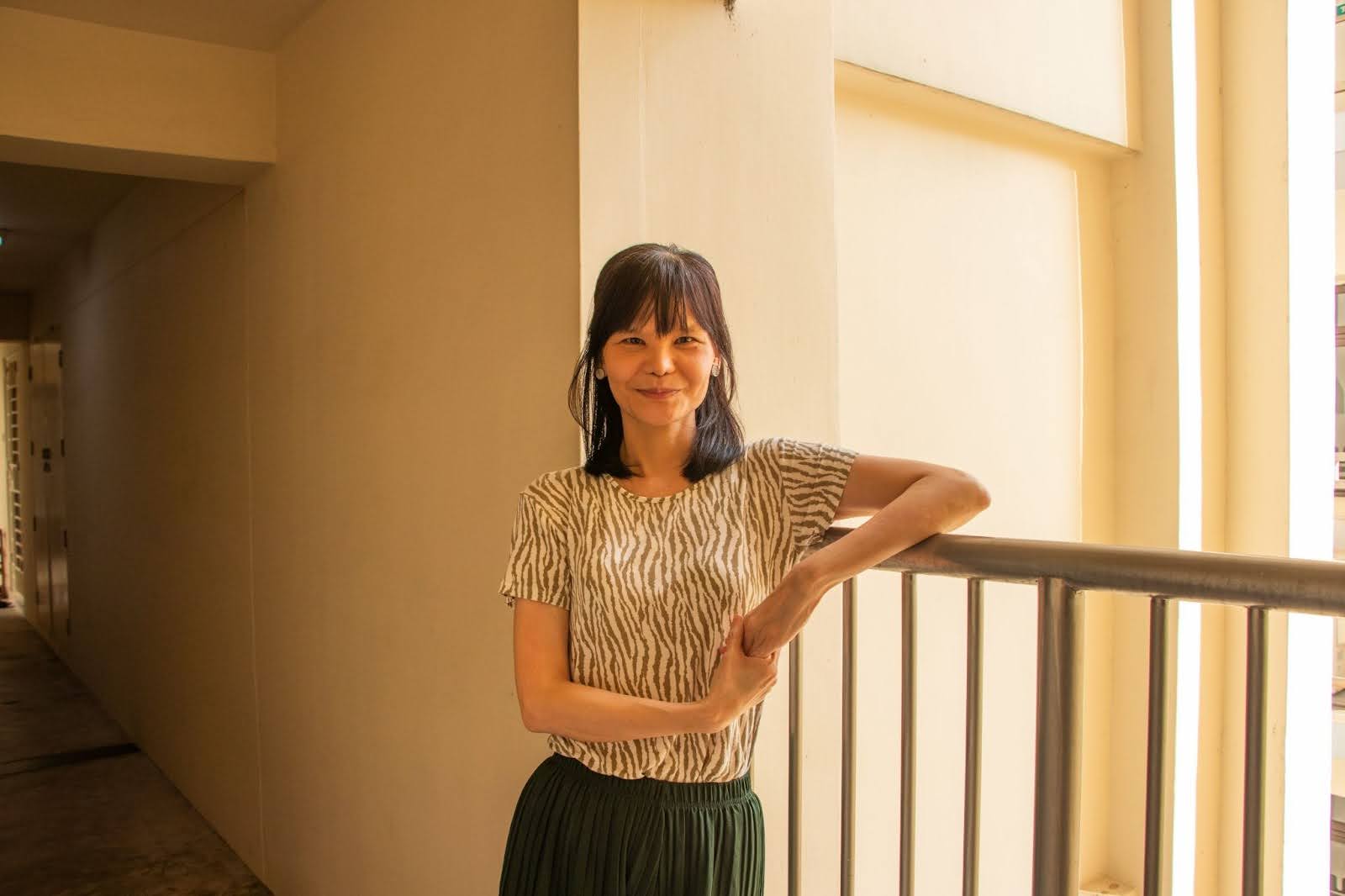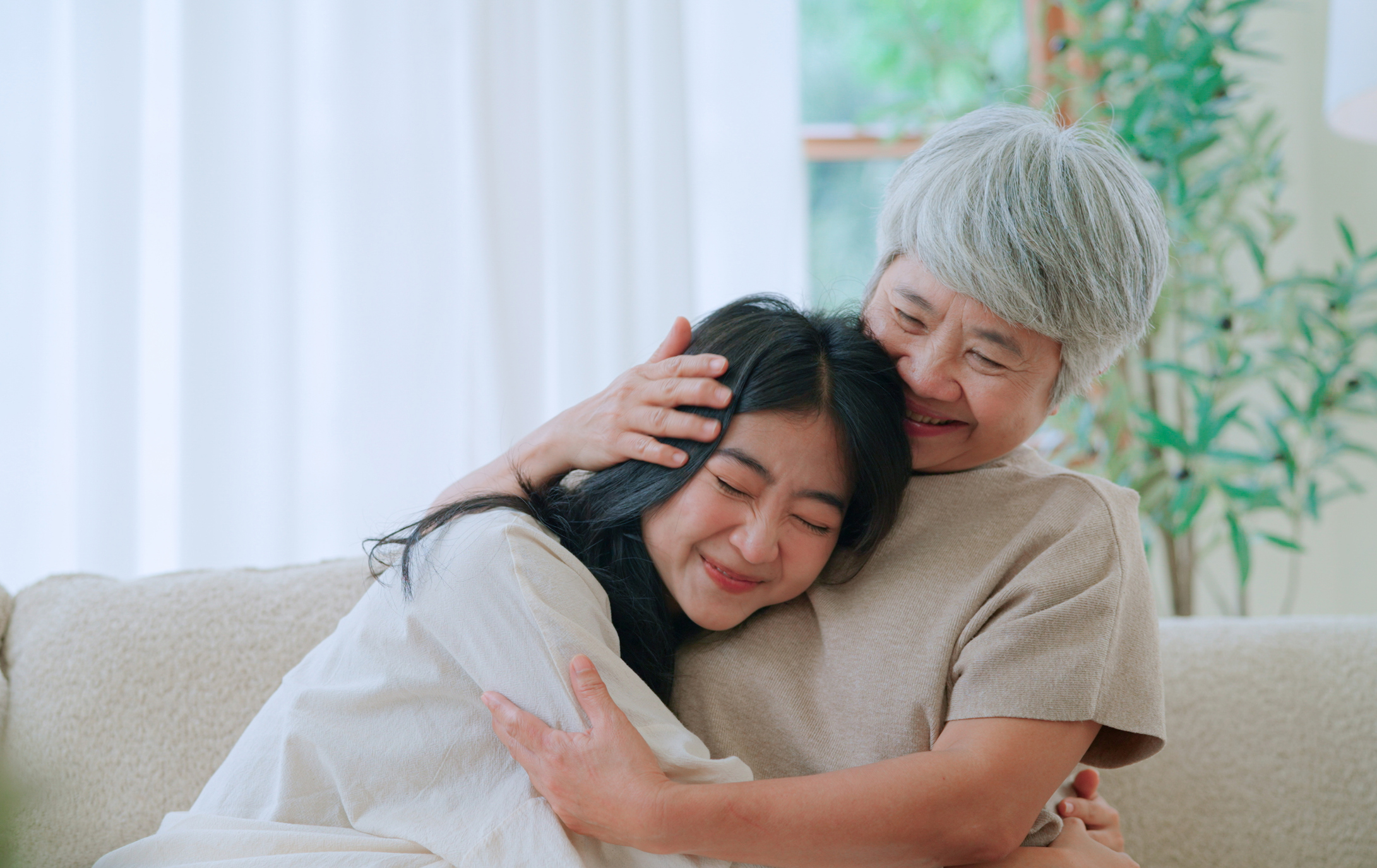(This story is from our archives of NextStep Magazine. The Magazine has since been renamed to AIC With You)
As a caregiver, you play a key role in supporting your loved ones through their treatment, in managing their daily living activities like eating and showering, as well as their mental and emotional wellbeing.
Many caregivers share that there is a lot to take in. For instance, learning about your loved one's condition and picking up caregiving skills like how to transfer him or her from the wheelchair to the bed.
In putting their loved ones' needs first while managing family and work commitments, it is easy for caregivers to forget about their own wellbeing. However, this can lead to caregivers feeling burnt out.
For this reason, respite – or taking a break in caregiving – becomes important for caregivers to go the distance in caring for their loved ones. Is it possible for caregivers to take a break?
We catch up with three caregivers who share how they did it by tapping on the caregiver support available, and their own mental health tips.
Elvin Tan, 54
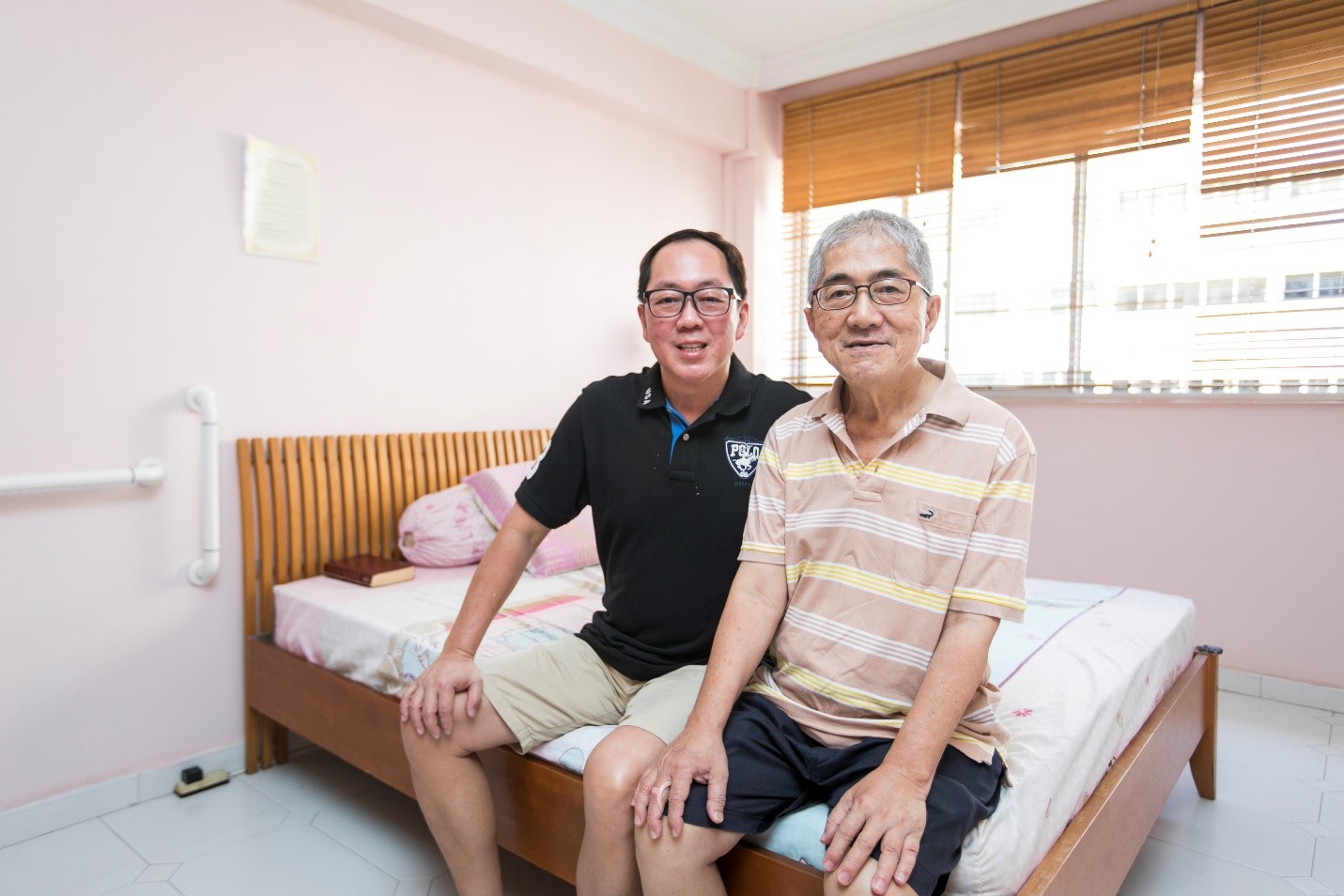
Elvin is a caregiver twice over. First to his late mother, who had dementia and passed on in 2016. Today, he cares for his older brother who has schizophrenia, with the help of his two sisters.
Elvin said he felt inadequate when he started caring for his mother in 2004. At his wife's suggestion, he took advantage of the Caregivers Training Grant’s subsidies to attend two home-based courses on first aid and day-to-day care. These gave him both the skills and the confidence to care for his mother. Just as importantly, he also became aware of the support services available to caregivers like him.
He now uses these knowledge and skills in caring for his brother. He still looks out for courses to learn how to care for his brother’s condition. And he asked the medical social worker at the Institute of Mental Health, which his brother goes to for follow-ups, for advice so he can go to work in the day.
With the social worker’s help, Elvin arranged for his brother to visit the day care centre at All Saints Home (Tampines) where he is kept active and engaged.
Mildred Soh, 57
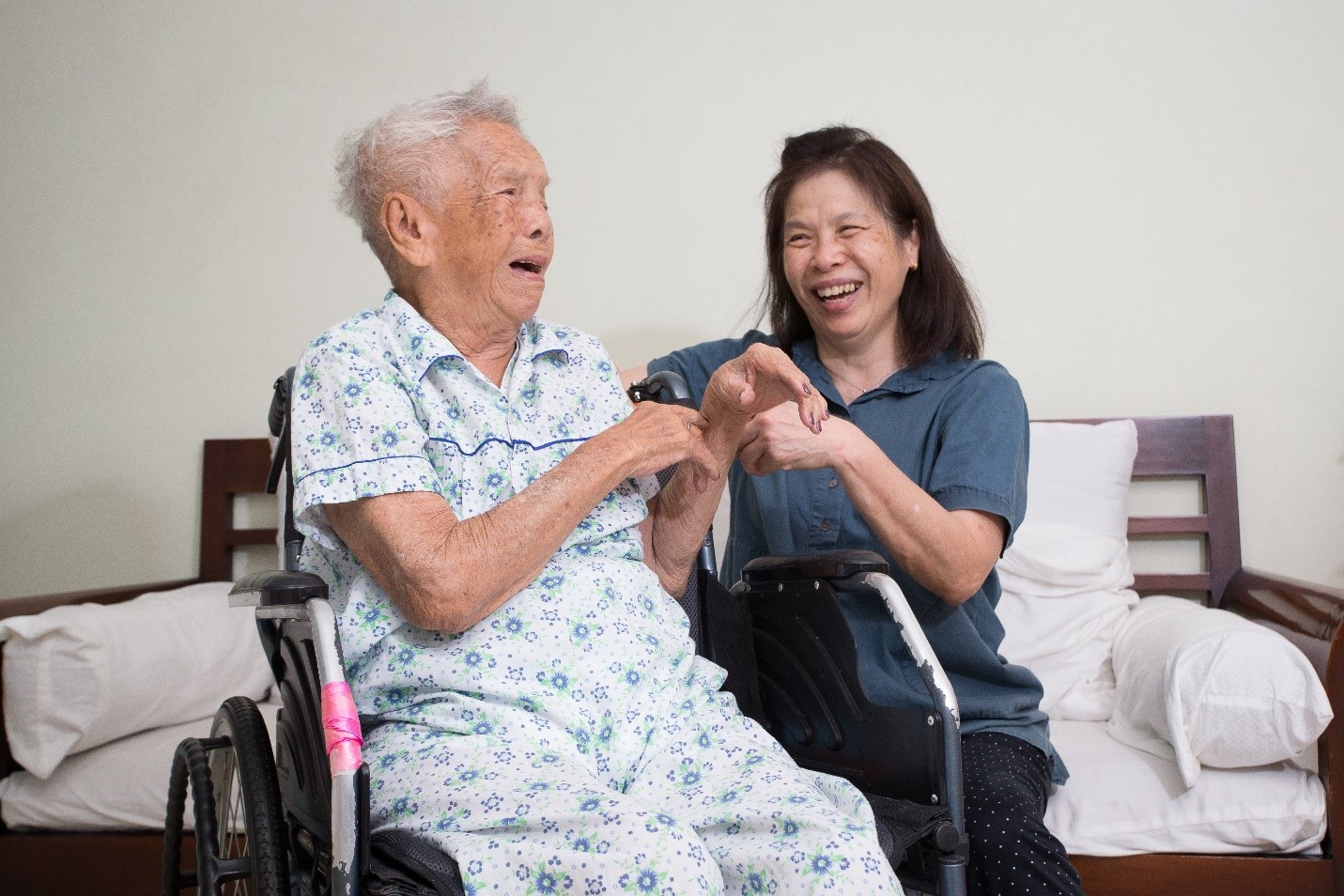
In 2016, at the age of 55, Mildred became the main caregiver of her 91-year-old mother who has dementia. She offered to take over this role from her brother, as he had been looking after their mother for almost 30 years.
As she and her children hold full-time jobs, Mildred would worry about her mother being home alone. She would get her brother to help during weekdays. As her condition progressed, Mildred's mother became more forgetful and her moods changed, making it important for a full-time caregiver to be around.
So in December 2016, the family hired Min Min Soe, a foreign domestic worker (FDW) from Myanmar, through the Eldercarer FDW Scheme to support them. Before Min Min joined them, the employment agency sent her for eldercare training so she could help Mildred’s mother to get out of bed and onto her wheelchair for example.
Trained in eldercare, Min Min is adept at helping Mildred care for her mother. Knowing that her mother is in capable hands, Mildred enjoys peace of mind when she works.
Ong Huay Siew, 47
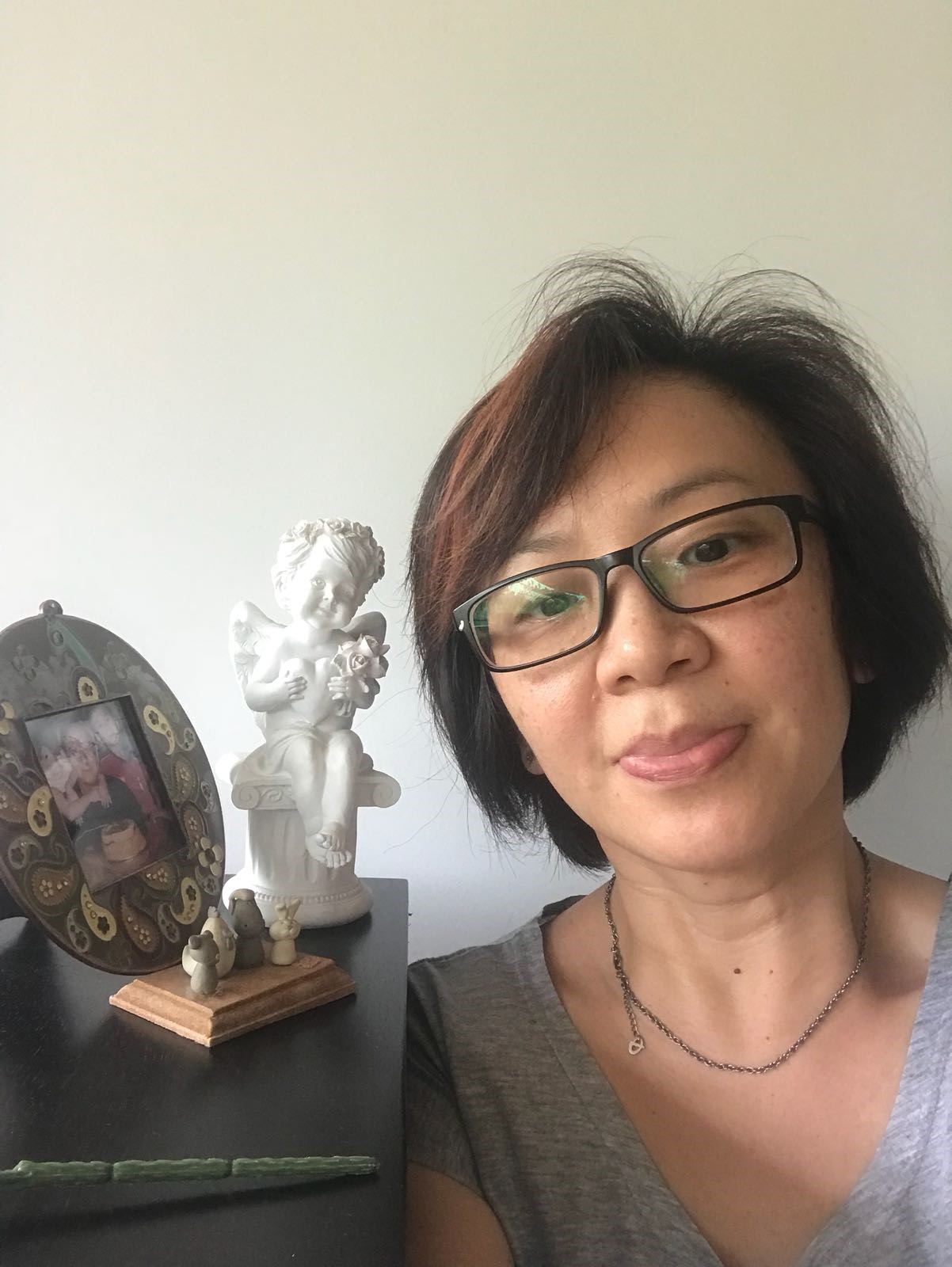
Huay Siew's father was diagnosed with end stage lung cancer in 2013. Their family turned to HCA Hospice Care (HCA) to care for their father at home during his remaining time. A HCA nurse, who visited them weekly to clean his wounds and check on his condition, also gave Huay Siew advice and tips on being a caregiver.
As she also had to look after two schooling children, Huay Siew decided to hire a domestic worker to support her in caring for her father. Her helper went for HCA’s “Caregivers’ Training” course and learnt skills such as showering and draining the catheter. Together, they cared for her father until he passed away in 2015.
As a former caregiver familiar with its challenges, Huay Siew began volunteering at HCA in 2016. She often visits the homes of caregivers to look after their loved ones for a few hours so they can take a break or attend to errands. She even volunteers her haircutting services to homebound patients. She picked up the skill after finding it difficult to get someone to cut her father’s hair at home.
Hear What They Have to Say!
NEXTSTEP (NS): How would you describe caregiving to those who have never done it before?
Mildred Soh: It is a privilege to be able to care for one's family.
Ong Huay Siew: It requires courage. But believe in yourself that you can do it. You just need time to absorb things and work out a plan.
Elvin Tan: Yes, it is challenging yet meaningful. You not only provide care and concern, but also guide and inspire your loved ones. To do this, besides wholeheartedly loving him or her, you also need patience.
NS: Caregiving can be a demanding vocation. What do you do for leisure to unwind?
Elvin: I enjoy watching Chinese drama, gardening and counselling others. I especially like sharing my experience to help other caregivers.
Mildred: For me, it would be housework and cooking.
Huay Siew: I like cooking too! And baking. Homemade food is the best! I love sharing my final products with people I know.
Mildred: Same here, it is such a joy to see others enjoying my cooking.
Huay Siew: If I have the time, I would walk to the supermarket or chat with my friends. Sometimes I take a long cold bath with running water to clear my mind. It is important to take time out from my caregiving role.
Elvin: I agree. I tend to look back on my situation, remember what I have learnt from my courses and adjust my thinking. I sometimes turn to my faith for support as well. I then feel peaceful and more confident to carry on.
Mildred: I also rely on my faith to help me persevere. I play games to de-stress too.
NS: What advice would you give to caregivers who feel stressed?
Huay Siew: It's important not to bottle up your emotions. Sometimes a good cry helps before you pick yourself up again. Just remind yourself to be calm, and approach the problem in a logical manner.
Mildred: Ask your family or relatives to help out so you can get some rest or relax. Me time and family time is very important. I sometimes go window shopping with my children.
Elvin: Yes, my family was very supportive in my caregiving journey. So speak up, talk to someone willing to listen, or share your problems with someone you trust. Get someone to help you, be it family members or care professionals. So never give up. We can do it; we will make it happen!


